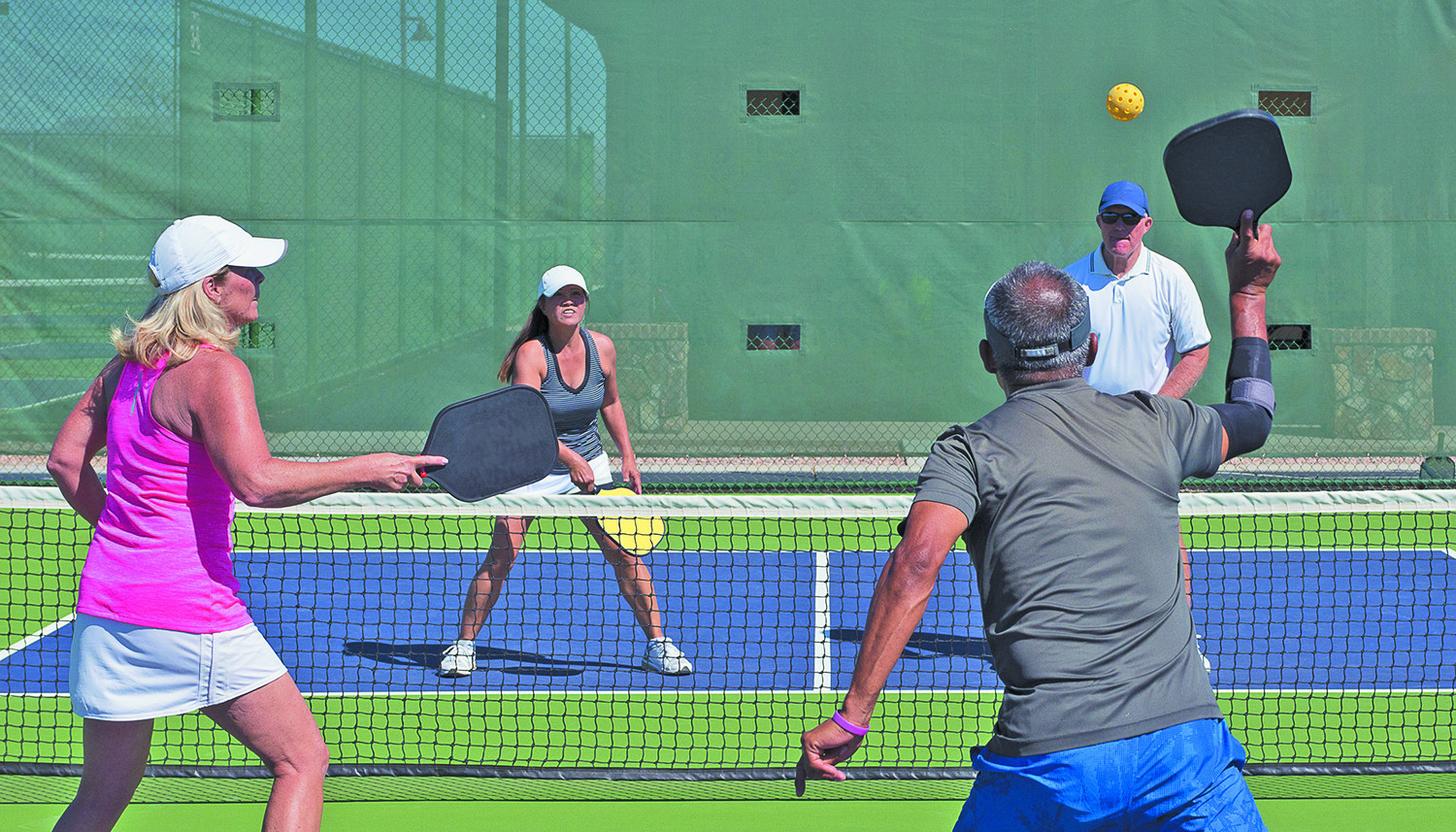
5 timeless habits for better health

What are the symptoms of prostate cancer?

Is your breakfast cereal healthy?

When pain signals an emergency: Symptoms you should never ignore

Does exercise give you energy?

Acupuncture for pain relief: How it works and what to expect

How to avoid jet lag: Tips for staying alert when you travel

Biofeedback therapy: How it works and how it can help relieve pain

Best vitamins and minerals for energy

Should you take probiotics with antibiotics?
Exercise & Fitness Archive
Articles
To prevent cancer, boost your exercise and don’t drink
Research we're watching
Move your body more and skip the alcohol to reduce your risk of cancer, says the American Cancer Society in its new cancer prevention guidelines. The updated recommendations, published online June 9, 2020, by CA: A Cancer Journal for Clinicians, also recommend cutting down on sugar and red meat, based on a review of the most recent scientific evidence.
Specifically, the new guidelines say that instead of exercising moderately for 150 minutes a week or doing 75 minutes of vigorous activity, adults should try to squeeze in 150 to 300 minutes of moderate activity or 75 to 150 minutes of vigorous activity — and that the higher number should be the target. As for diet, people interested in reducing their risk of cancer should aim to eat more plants, including whole (not refined) grains and at least two-and-a-half cups of colorful fruits and vegetables each day, and less sugar and meat (specifically limiting processed and red meat whenever possible). In the past, the ACS recommended moderate alcohol intake, but the new guideline says it's better to avoid alcohol altogether if possible. People who do drink should still stick to the previous recommended limits: no more than one drink a day for women and two drinks a day for men.
The mental side of cardiac rehab
If you have experienced a heart attack or undergone a heart procedure, don't neglect your mental health during recovery.
Recovery from a heart attack, heart failure, angioplasty, or heart surgery — what doctors call heart events — can be stressful. Depending on your condition, it may also involve cardiac rehabilitation. This medically supervised program focuses on exercise, diet, and lifestyle changes. While the primary focus is to help you physically, you also need to address your mental and emotional health.
"It's normal to have some anxiety and stress after a heart attack or heart surgery," says Dr. Christopher Celano, assistant professor of psychiatry at Harvard-affiliated Massachusetts General Hospital. "But how long these feelings linger, and whether they are also associated with symptoms of depression, can affect your rehab recovery success and potentially increase your risk of future problems."
Home gym advantage
In many places, gyms are opening after shutting down due to the COVID pandemic, but your home may still be the ideal place to maintain your fitness.
As gyms and fitness centers reopen, they must follow strict guidelines for sanitation, social distancing, occupancy, and more. Even if these facilities are considered safe by most standards, their patrons still may not feel comfortable, especially older adults and others who are at a higher risk for COVID.
So how do you maintain your fitness when you can't follow your usual exercise routine?
Racquet sports: A good way to ramp up your fitness
From badminton to pickleball to tennis, hitting objects across a net can be a fun, effective way to get in shape.
Looking for an exercise that gets your heart pumping and strengthens muscles in your legs, arms, and core? Tennis and other racquet sports can serve up all those benefits and more. In fact, several long-running studies have linked racquet sports to a lower risk of cardiovascular disease and a longer life.
"Playing tennis is an amazing workout. And no matter how good you are, you can have fun doing it," says Joe DiVincenzo, a physical therapist at Harvard-affiliated Spaulding Rehabilitation Hospital and former competitive tennis player. In general, racquet sports engage muscles throughout your upper and lower body, which challenges your heart. During a match, you do frequent, short bursts of high-intensity activity interspersed with less vigorous movements — a perfect example of interval training. Also known as HIIT (high-intensity interval training), this workout strategy seems to be a good way to boost cardiovascular fitness.
5 tips to help you stay healthy this winter
Even in an unusual year, tried-and-true strategies are still the best way to prevent illness.
Staying healthy is likely at the top of your list almost every winter. But this year, in the midst of a pandemic, it may be even more of a concern than usual. You might wonder: should you be taking special supplements to boost your immune system, or investing in cleaning devices to zap germs?
While the viral threats may be different from usual this year, the truth is that you should still be using many of the same strategies that you use in a typical year, says Michael Starnbach, a professor of microbiology at Harvard Medical School. Below are five of his top tips that can help you keep yourself and your loved ones safe.
Moderate-to-vigorous exercise may help prevent atrial fibrillation
Research we're watching
Regular, moderate-to-vigorous exercise may help prevent atrial fibrillation (afib), according to a study in the May 2020 issue of The American Journal of Cardiology.
Previous studies looking at the connection between afib (which causes a rapid, irregular heart rate) and exercise have produced conflicting results. But those studies relied on participants to self-report their exercise habits. For the new study, the 5,147 participants wore devices that measured their activity levels for four to seven consecutive days.
How do I measure exercise intensity?
On call
Q. Exercise guidelines recommend a certain number of hours per week, depending on whether it's moderate or vigorous intensity. So how do I measure exercise intensity?
A. Outside of a physiology laboratory, there really is no standard agreement on how people should gauge their level of exercise intensity.
How to recover from post-traumatic stress disorder
Normally associated with veterans, PTSD can also affect people of all ages who have experienced any kind of trauma.
Post-traumatic stress disorder (PTSD) is a severe and potentially debilitating mental health disorder that affects people who have experienced or witnessed a traumatic event. PTSD often occurs in combat veterans, but it can also strike older adults, and especially men.
About 70% of older men have been exposed to trauma at some point in life, according to the U.S. Department of Veterans Affairs. Many of these traumatic events are accidents (or near misses), injuries, or serious health issues.

5 timeless habits for better health

What are the symptoms of prostate cancer?

Is your breakfast cereal healthy?

When pain signals an emergency: Symptoms you should never ignore

Does exercise give you energy?

Acupuncture for pain relief: How it works and what to expect

How to avoid jet lag: Tips for staying alert when you travel

Biofeedback therapy: How it works and how it can help relieve pain

Best vitamins and minerals for energy

Should you take probiotics with antibiotics?
Free Healthbeat Signup
Get the latest in health news delivered to your inbox!
Sign Up











